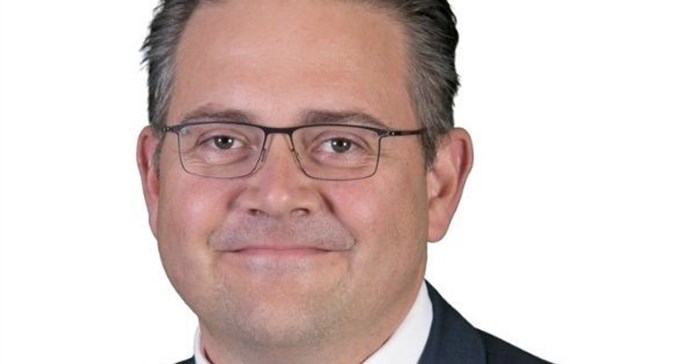
Top stories






More news
















The cabinet announcement is perhaps even more important than the actual election results, especially for international investors, given that the ANC was already expected to win. The key question for investors heading into the election was rather how much the ANC would win by, and whether Ramaphosa would receive a strong showing of support or mandate from voters in terms of implementing his policies.
This announcement will test whether Ramaphosa is confident enough in his position to reduce the size of the cabinet, as well as whether he is able to withstand pressure from opposing ANC factions in appointing cabinet members.
You will recall that a key element of Minister of Finance Tito Mboweni’s business-friendly February budget was the need to reduce the massively bloated public sector wage bill. With no parliamentary salary increases this year, the minister further indicated that government will consider options such as offering early retirement packages to public workers and reducing government’s headcount.
Shaving cabinet positions would send a signal that Ramaphosa is serious about bringing stability to government finances and reducing ballooning expenses. International investors will therefore likely wait until after the cabinet announcement to make any decisions or commitment in terms of foreign direct investments into the country.
These include the many challenges addressing the country’s structural economic issues, removing red tape for small and medium enterprises in terms of registering businesses and seeking financing, as well as unbundling Eskom and restoring its financial health.
Production (manufacturing and mining) over the past 10 years has essentially remained a flat line even though the global economy and our trading partners have continued to grow, meaning that the country has lost important market share. And this flat line reflects the dearth of investment that has resulted from a lack of policy certainty, as well as investor concerns over dealing with an inflexible labour force.
Ramaphosa’s attempts to rebuild trust and confidence, and drive investments in the key manufacturing and mining sectors demonstrates that he very clearly understands the issues at play.
If he is successful, we could potentially see these areas creating jobs again, which in turn would allow more workers to move from the public sector to the private sector, and government to reduce its wage bill. But, these sectors are energy intense and therefore fixing Eskom capacity is objective number one.
The question of Eskom is also absolutely critical for investors, as government will also need to repair and bolster Eskom’s capacity in terms of electricity production if South Africa’s economy is to grow, or alternatively be open to alternative energy producers.
That said, once Eskom’s unbundling is complete, the more lucrative transmission component should be able to enter into public private partnerships, given that it should have lower debt levels than the generation and distribution components. If the generation and distribution components remain state-owned, government will be better able to secure jobs in those units as promised.
But despite Nersa approving electricity tariff hikes for the next three years, government seems to be sensitive to the impact of higher tariffs on consumers, and the reality that it cannot simply keep offering additional funding from tax revenues. And beyond placing pressure on consumers, higher tariffs will have a ripple effect throughout the economy over the next few months, potentially leading to further job losses in the mining and manufacturing sectors, and creating a drag on business and consumer confidence.
Eskom is already selling 2% less electricity than ten years ago as consumers and companies move to alternative power sources, while the SOE’s current capacity issues mean that it simply cannot support government’s aim for 3% GDP growth.
Many of these policies were announced during the course of last year and are already in the pipeline, but investors will want to see that Ramaphosa and government take decisive action in terms of implementation.
If government is able to show clear progress by the time of the Mid-Term Budget Policy Statement in October, it could hopefully mean that we will be able to avoid or defer a potential credit ratings downgrade – again.